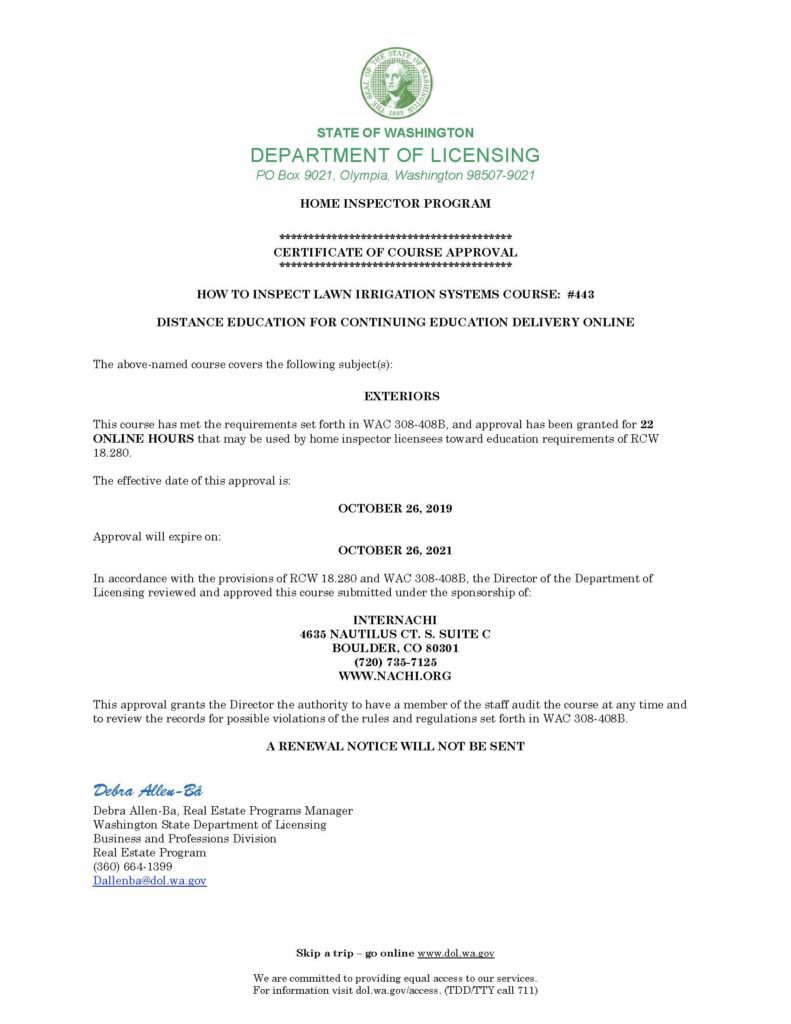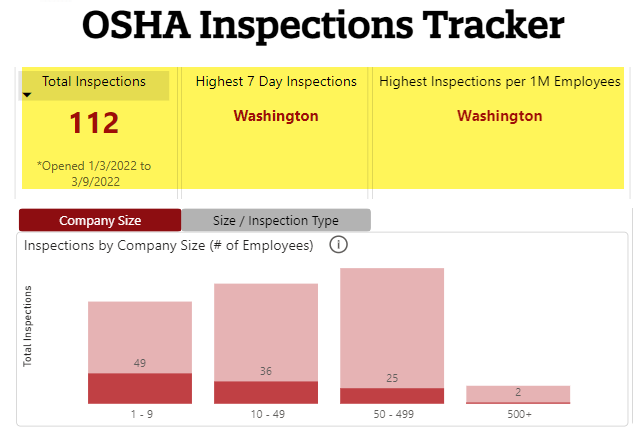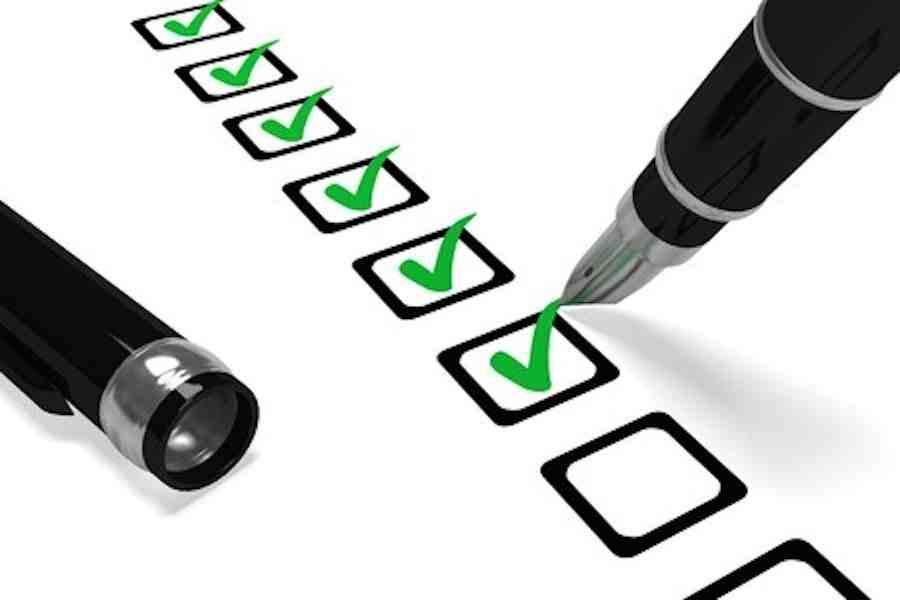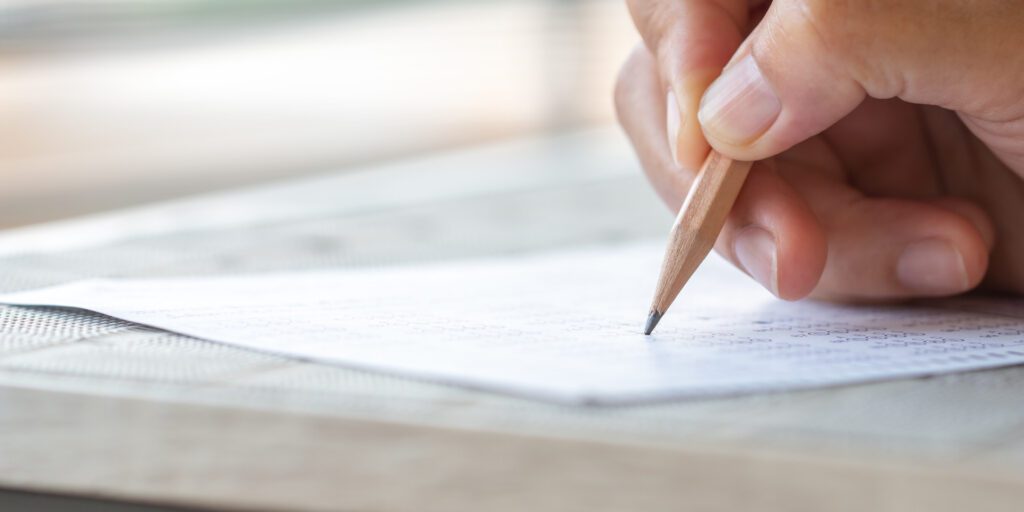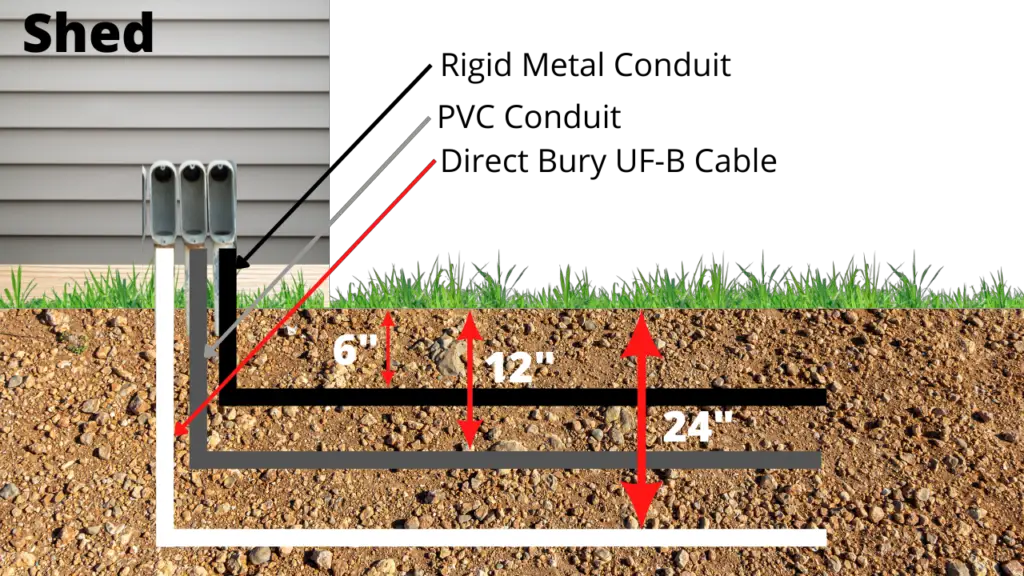Curious about whether inspections are necessary in Washington? Well, look no further! In this article, we will explore the topic of inspections and whether they are mandatory in the state of Washington. Whether you’re a prospective homeowner, a savvy investor, or simply interested in the local regulations, we’ve got you covered. So, let’s get started and find out if inspections are indeed required in Washington!
Are Inspections Required In Washington?
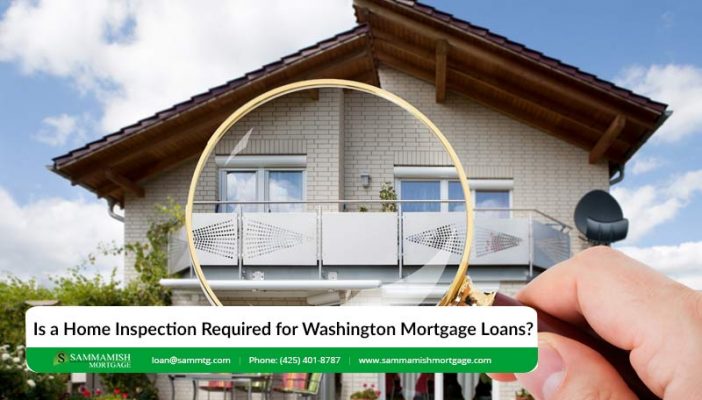

Inspections for Vehicles
In Washington, inspections for vehicles are not required for registration or renewal. This means that you do not have to undergo a safety or emissions inspection for your vehicle in order to legally drive it in the state. However, it is important to note that if your vehicle is purchased from another state, it may need to undergo an inspection in order to be titled and registered in Washington. Additionally, certain commercial vehicles and specialty vehicles may have specific inspection requirements. It is advisable to check with the Washington State Department of Licensing for any specific regulations regarding inspections for your particular vehicle.
Inspections for Buildings and Structures
The state of Washington has regulations in place for inspections of buildings and structures. These regulations aim to ensure the safety and structural integrity of buildings, both residential and commercial. Building inspections are typically required before a new construction project can begin, as well as at various stages throughout the construction process. These inspections may cover areas such as structural safety, electrical wiring, plumbing systems, and fire safety. It is important to consult with your local building department to determine the specific inspection requirements and schedule for your building project.
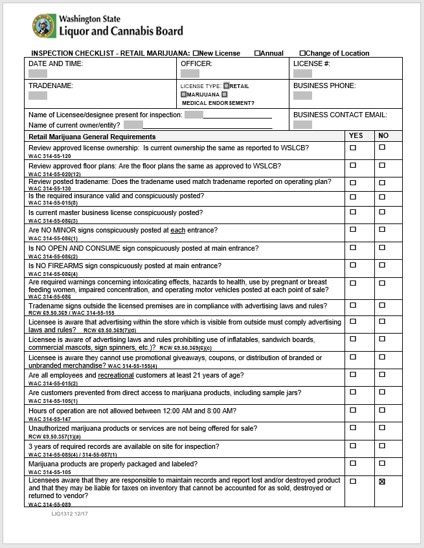

Inspections for Food Establishments
Washington has strict regulations governing the inspection of food establishments, including restaurants, food trucks, and grocery stores. These inspections are conducted by the Washington State Department of Health to ensure that proper food handling, storage, and preparation practices are followed. Inspections focus on areas such as food storage, cleanliness of the premises, employee hygiene, and proper cooking temperatures. The frequency of inspections varies depending on the type of establishment and past inspection history. It is important for food establishment operators to maintain high standards of cleanliness and food safety at all times to avoid any potential violations or closures.
Inspections for Childcare Facilities
Childcare facilities in Washington are subject to regular inspections to ensure the safety and well-being of children in their care. The Department of Children, Youth, and Families is responsible for conducting these inspections. Inspections cover areas such as the physical environment of the facility, staff qualifications and ratios, health and safety practices, and emergency preparedness. Childcare facilities must meet certain standards and regulations in order to maintain their licenses, and regular inspections play a crucial role in ensuring compliance with these standards. It is essential for parents and guardians to choose licensed childcare facilities that have a good inspection record to ensure the safety and quality of care for their children.
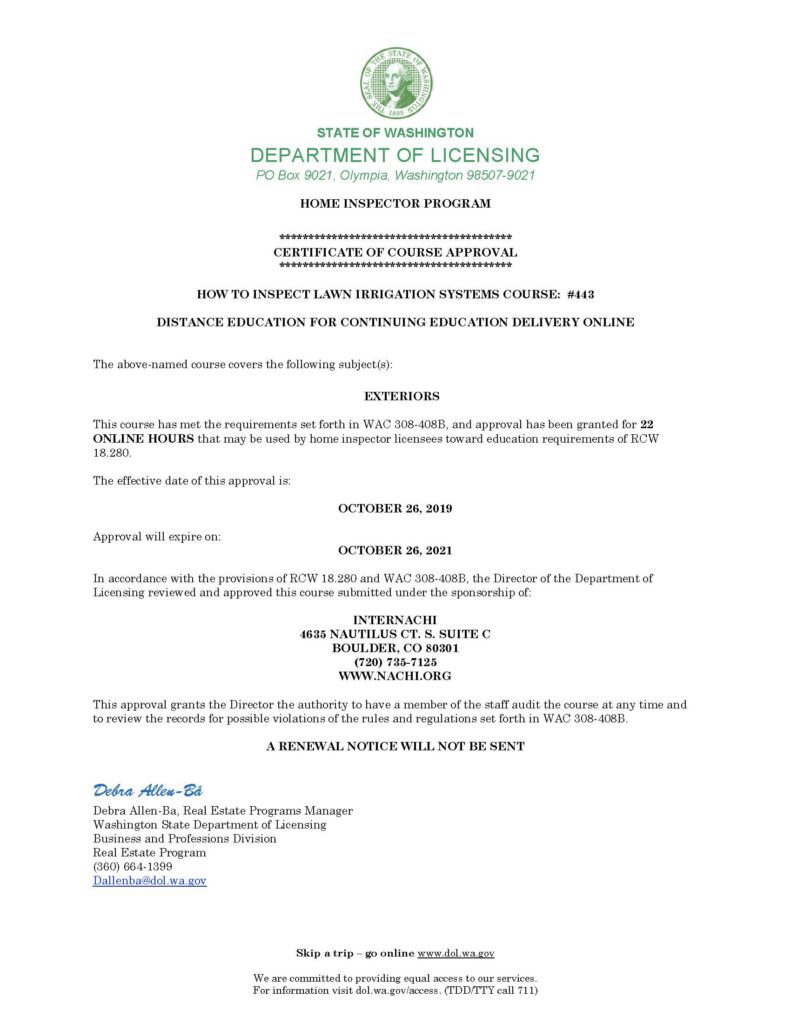

Inspections for Public Swimming Pools
Public swimming pools in Washington are subject to inspections to ensure the safety and cleanliness of the facilities. The State Board of Health is responsible for overseeing these inspections, which cover areas such as water quality, pool maintenance, lifeguard certification, and proper signage. Regular inspections help prevent the spread of waterborne illnesses and ensure that pool facilities are meeting the necessary health and safety standards. Pool operators must comply with these regulations and address any deficiencies identified during inspections in a timely manner.
Inspections for Elevators and Escalators
Elevators and escalators in Washington must undergo regular inspections to ensure their safe operation. The Department of Labor & Industries is responsible for overseeing these inspections. Certified inspectors examine critical components of these vertical transportation devices, such as brakes, cables, and control systems, to ensure they are functioning properly and meet safety standards. Inspections help prevent accidents and ensure the safe transportation of individuals within buildings. It is important for businesses and property owners to prioritize the maintenance and regular inspection of elevators and escalators to ensure the safety of users.
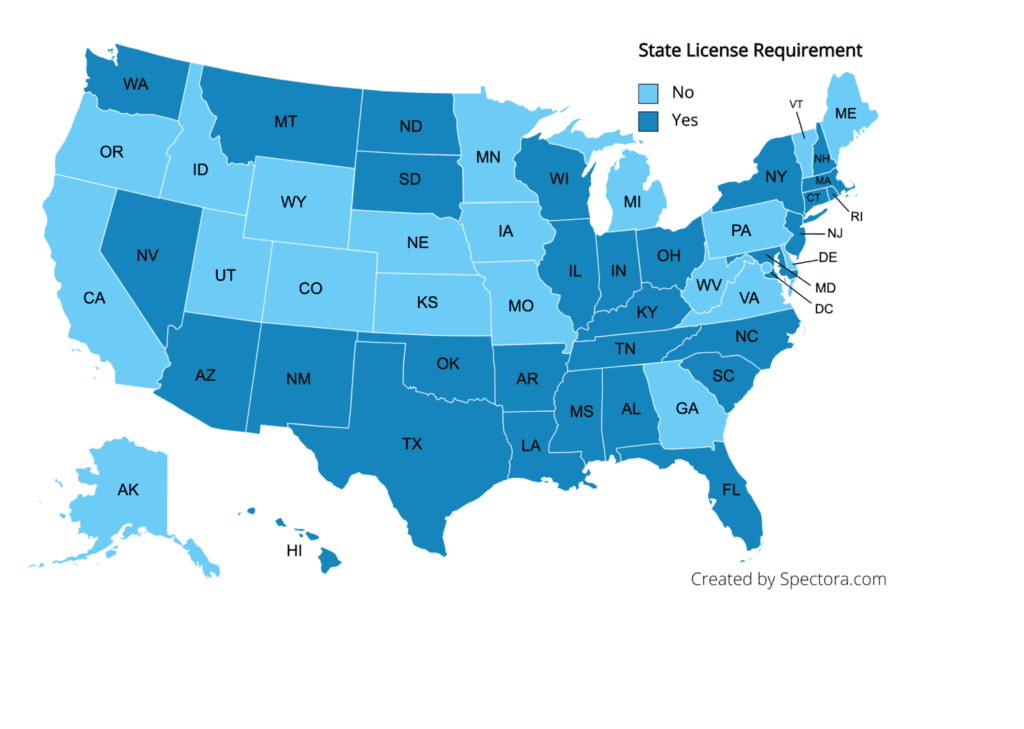

Inspections for Plumbing and Electrical Systems
Plumbing and electrical systems in Washington are subject to inspections to ensure they meet safety standards set by the Washington State Department of Labor & Industries. These inspections aim to prevent potential hazards and ensure the proper installation and maintenance of these systems. Plumbing inspections may cover areas such as proper pipe sizing, venting, and fixture installation, while electrical inspections may focus on wiring, circuit breakers, and grounding systems. It is important for homeowners, contractors, and property owners to ensure that plumbing and electrical systems comply with the relevant codes and regulations and undergo regular inspections to maintain safety standards.
Inspections for Fire Safety
Fire safety inspections are conducted in Washington to ensure compliance with fire codes and regulations. These inspections are typically carried out by local fire departments or fire marshals. Inspections may cover areas such as proper installation and maintenance of fire suppression systems, adequate signage, means of egress, and fire extinguisher accessibility. Regular inspections promote fire safety and help identify and address potential hazards before they lead to emergencies. It is crucial for businesses and property owners to maintain a fire-safe environment and cooperate with fire safety inspectors to prevent the risk of fires and protect lives and property.


Inspections for Environmental Compliance
Washington has regulations in place to ensure environmental compliance, particularly in industries that may have an impact on the environment. Inspections in this area are typically conducted by the Washington State Department of Ecology or other relevant agencies. Inspections may focus on wastewater treatment systems, air emissions, hazardous waste management, and other environmentally sensitive practices. Industrial facilities are required to obtain permits and undergo regular inspections to ensure compliance with environmental regulations and protect the state’s natural resources. It is important for businesses to be aware of and comply with environmental regulations and be prepared for inspections to maintain environmental sustainability.
Inspections for Healthcare Facilities
Healthcare facilities, including hospitals, clinics, and long-term care facilities, in Washington undergo inspections to ensure compliance with health and safety standards. The Department of Health is responsible for conducting these inspections, which cover areas such as infection control, patient care, medication management, and emergency preparedness. Inspections help ensure that healthcare facilities are providing quality care and maintaining a safe environment for patients, staff, and visitors. Facilities that fail to meet the necessary standards may be subject to penalties or closure. It is important for healthcare facilities to prioritize compliance with regulations and participate fully in inspections to provide the best possible care for patients.
In conclusion, inspections are required in various industries and sectors in Washington to ensure safety, compliance, and the protection of public health. Whether it is vehicles, buildings, food establishments, childcare facilities, swimming pools, elevators, plumbing and electrical systems, fire safety, environmental compliance, or healthcare facilities, inspections play a vital role in maintaining high standards and safeguarding the well-being of individuals and the community as a whole. It is important for individuals and businesses to be aware of and comply with inspection regulations and to take a proactive approach in ensuring safety and compliance in their respective industries.

